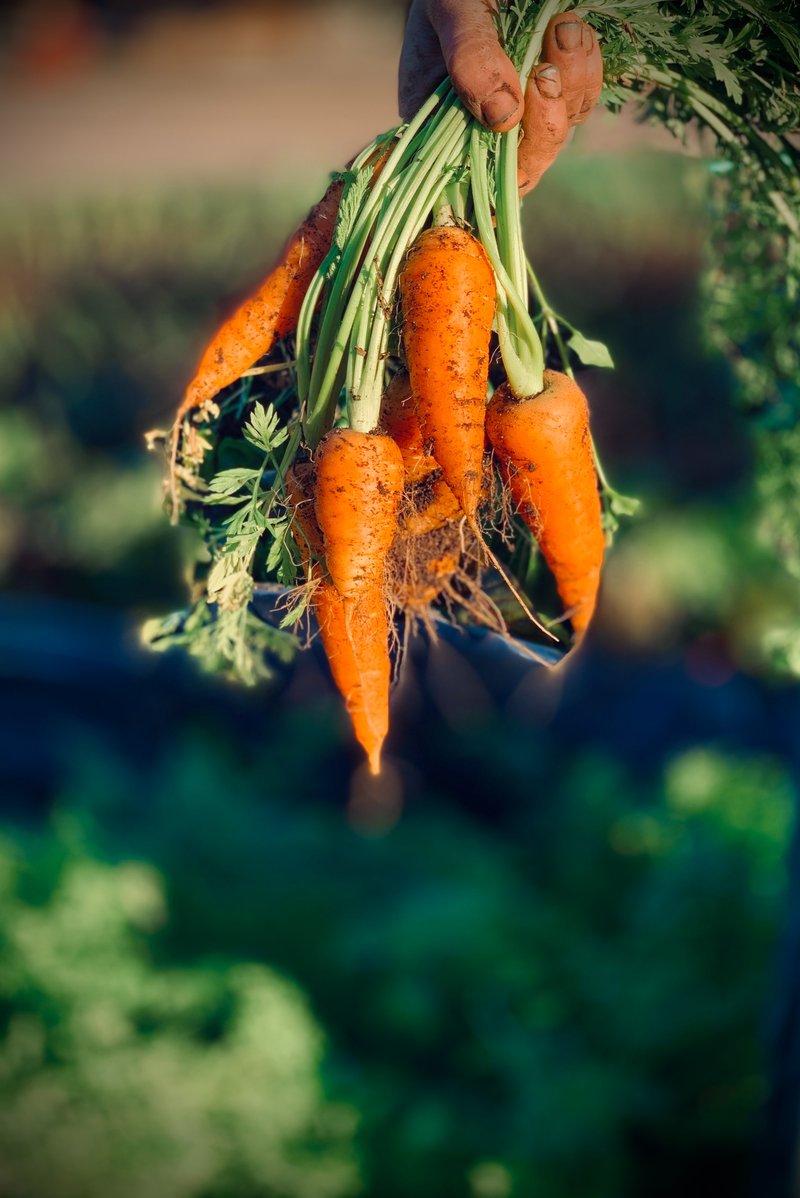As winter sets in and the temperatures drop, gardening enthusiasts in Melbourne may be wondering if they can continue their vegetable-growing endeavours during this chilly season. The good news is that there are several vegetables that thrive in Melbourne's winter climate. In this article, we will explore the best vegetables to grow in Melbourne's winter, as well as the benefits of growing herbs during this season.
When it comes to winter vegetables, there is a diverse range of options that can be successfully grown in Melbourne, such as:
- Beetroot
- Broccoli
- Brussels sprouts
- Carrots
- Cauliflower
- Garlic
- Kale
- Leek
- Onion
- Potatoes
- Spinach
- Spring onions
These vegetables are hardy and can withstand colder temperatures, allowing you to enjoy a bountiful harvest even during the winter months.

Do you need to plant early in winter?
If you decide to plant your winter vegetables later in the winter season, there is still time to grow some great produce. Artichoke, asparagus and fruits such as watermelon and rhubarb are suitable to be planted all the way through to August!
Don't forget the leafy greens!
Leafy greens are another category of vegetables that thrive in Melbourne's winter. Spinach, silverbeet, and mustard greens are among the leafy greens that can be planted during this season. These greens not only add nutritional value to your meals but also enhance the visual appeal of your garden.
Growing herbs this winter:
If you're concerned about space or time constraints, growing herbs can be a fantastic alternative to a full-scale vegetable garden. Herbs are resilient and can flourish in cooler climates. Whether you have a small balcony, limited space in an apartment, or simply want a low-maintenance option, herbs can be grown with ease. As long as they receive enough sunlight and are undisturbed, herbs require minimal effort on your part.
Herbs serve multiple purposes, making them a valuable addition to any garden. Not only do they add flavour and garnish to meals, but they can also be used for medicinal purposes and fragrances. Growing herbs at home allows you to have a readily available supply of fresh, aromatic herbs for culinary delights and herbal remedies, all without breaking the budget.
In addition to this, herbs are known for their numerous health benefits. They can support the immune system, possess anti-inflammatory and anti-tumour properties, and may even help reduce the risk of heart disease, cancer, and diabetes. During winter, when our immune systems may be more susceptible to common colds and illnesses, increasing your daily intake of herbs can be highly beneficial.
If you're wondering which herbs to grow during the winter, here are some of our favourite options:
- Basil
- Coriander
- Mint
- Oregano
- Parsley
- Rosemary
- Sage
- Thyme
These herbs not only add a burst of flavour to your dishes but also provide a range of health-promoting properties.
Winter gardening tips and tricks:
Rotate your vegetables and plants
Achieve the best sunlight exposure for your plants by implementing a strategic plant rotation system. By periodically shifting the positions of your plants, you can ensure that each one receives the ideal amount of sunlight for its growth and development. This practice is particularly important for anyone growing a new garden bed, as it requires careful consideration of positioning and sun exposure.
Water crops and plants in the morning
To maximize water absorption and prevent potential damage caused by cooler temperatures, it is advisable to water your plants and flower beds in the morning. By doing so, the water has ample time to permeate the soil and nourish the plants throughout the day. This approach minimises the risk of water freezing during the colder nighttime hours, which could harm the delicate structures of your plants.
Keep on top of your gutters
As the seasons change and trees shed their leaves, it is common for foliage, twigs and other remnants to accumulate on rooftops and become lodged in gutters. It is beneficial to maintain clear gutters to ensure water can flow without obstruction. By regularly removing debris from your gutters, you can prevent water backups and potential damage to your home's foundation or structure.
Reach out for more tips and tricks
If you are interested in learning about how to prepare your garden or house for a winter sale, get in touch with the team at Nelson Alexander today. We can help you ensure you are presenting your home and garden in the best way possible to attract buyers this winter.

